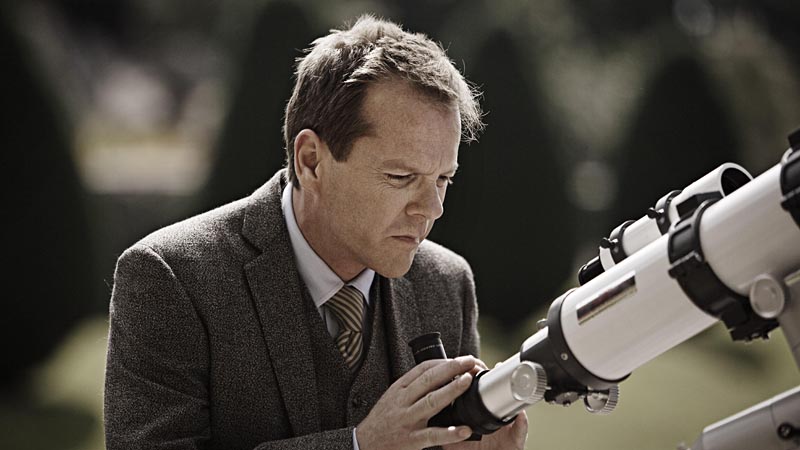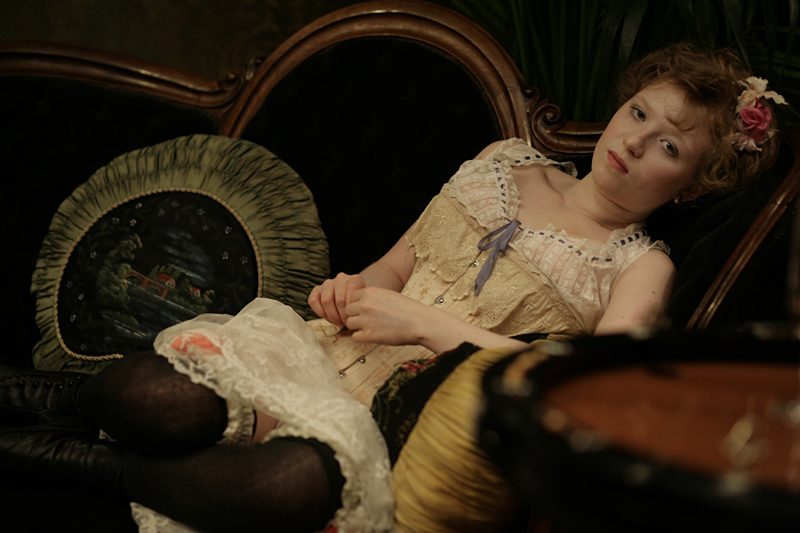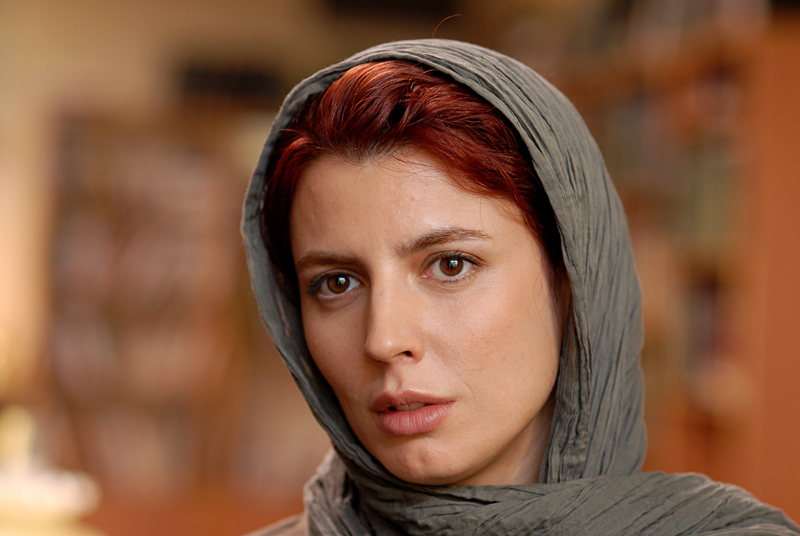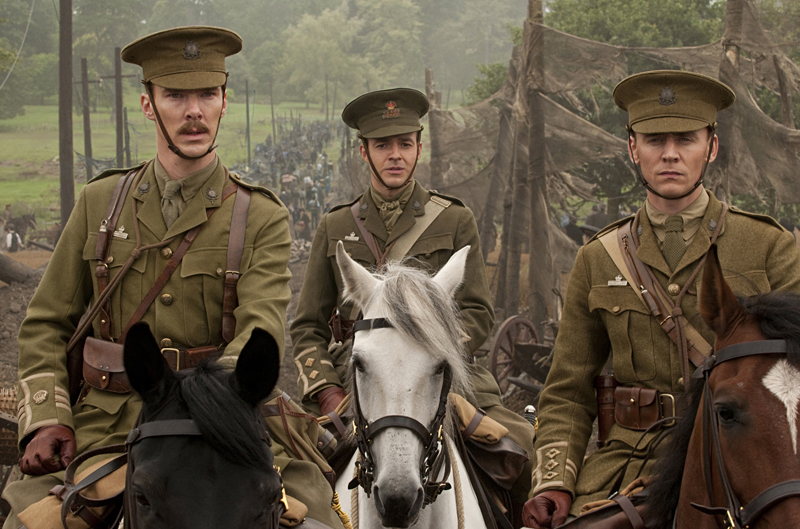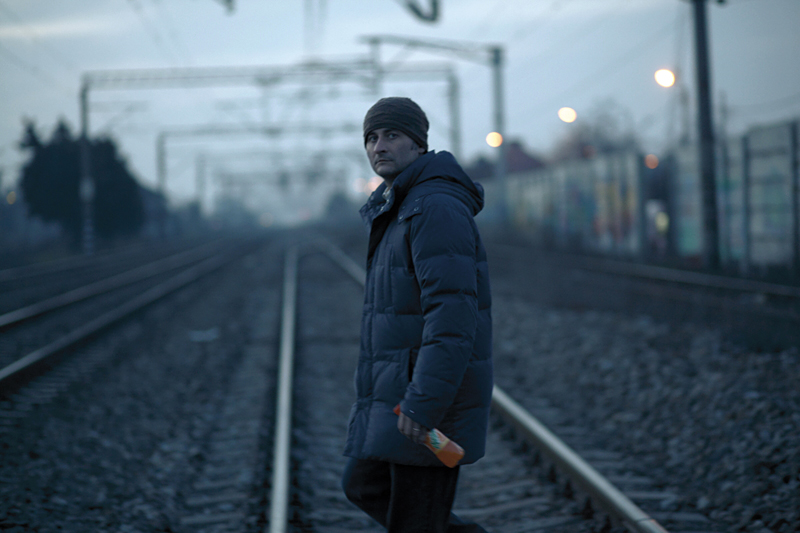The first thing you see in Lars von Trier’s Melancholia is a close-up of Kirsten Dunst’s face. Behind her, slow as molasses, birds are dropping from the sky. These are the latter days. Melancholia‘s first five minutes are like a formal invitation to the end of the world; the next 130 minutes allow you to live through the run-up. Generically a disaster film, Melancholia features two disasters. Von Trier devotes the movie’s first half to the disintegration of the storybook wedding of bride Justine (Dunst) and groom Michael (Alexander Skarsgård), who arrive late to their own reception, hosted by Justine’s sister Claire (Charlotte Gainsbourg) and fabulously wealthy brother-in-law John (Kiefer Sutherland) in their castle. The wedding is a costly debacle; the bride suffers a depressive breakdown. Still, it’s not the end of the world, Justine! That arrives in the movie’s second half as—grown from a speck of light to a noticeable orb— the mystery planet Melancholia bears down on Earth. Claire is acutely apprehensive while John, an amateur astronomer, is boyishly enthusiastic, having calculated that the planet will just miss the Earth. Justine, now living with her sister, is so depressed that she cannot lift her leg to bathe. Yet as Claire’s panic escalates, Justine grows mystically attuned to the impending cataclysm, calmly telling her sister “I know we’re alone.” We are alone, but Melancholia, a thrillingly sad and beautiful film, dares to imagine (and insist we do as well) the one event that might bring us together.
Melancholia: Lars von Trier Imagines the End of the World
